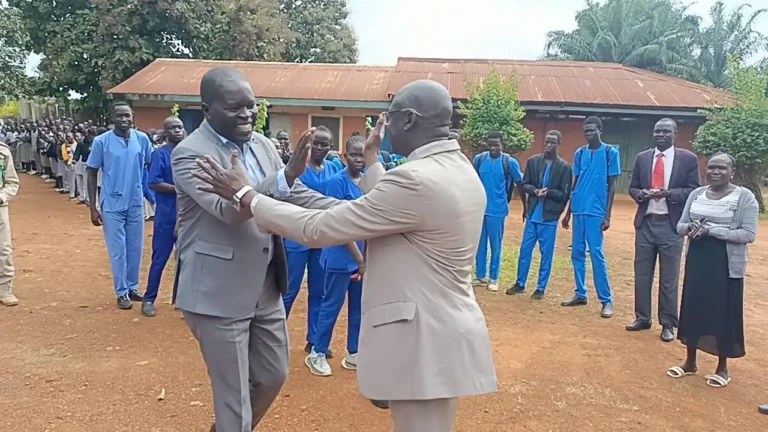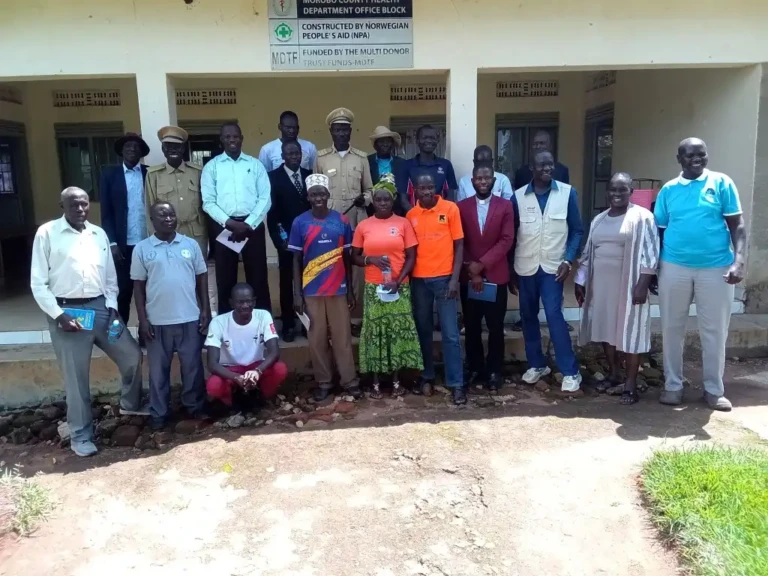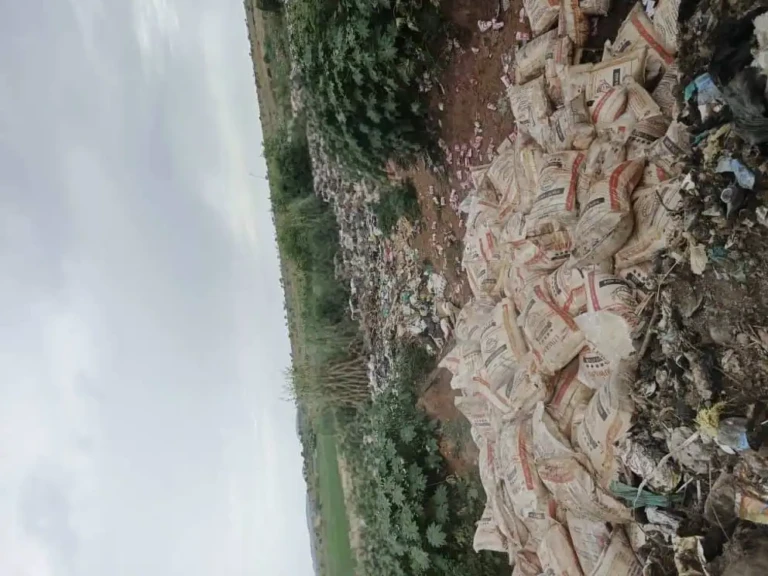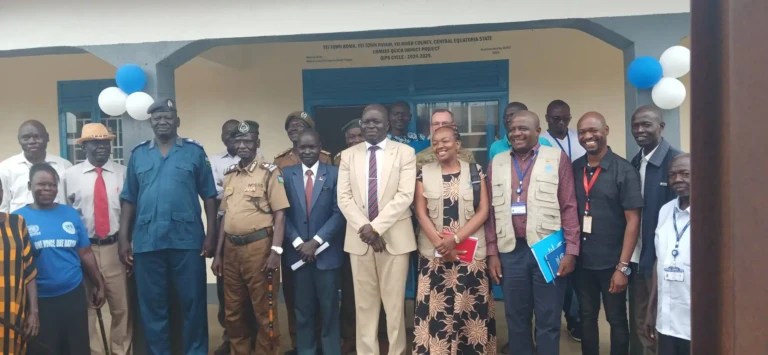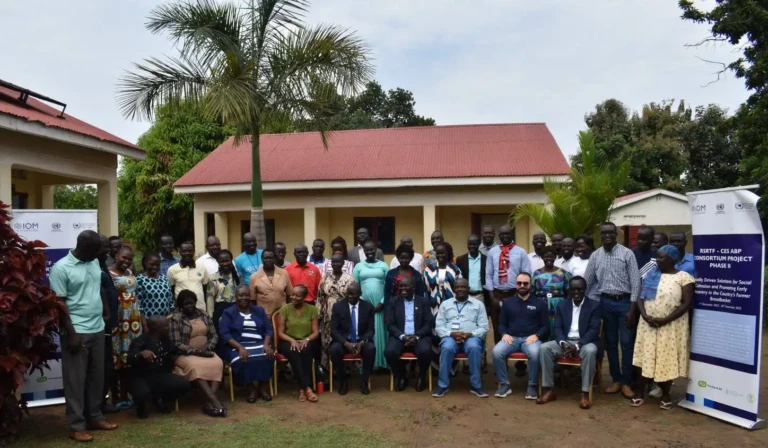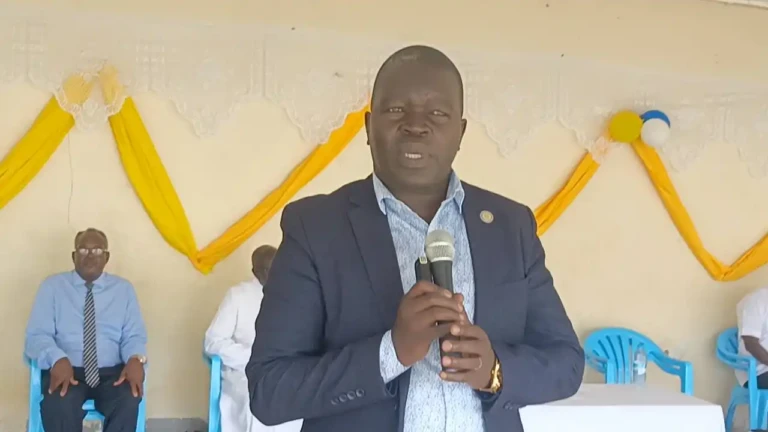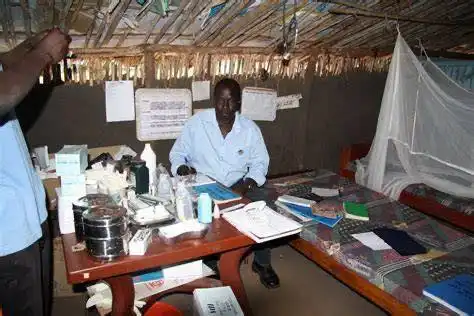
PHOTO CREDIT: Aweil News Agency
(KUAJOK) – The Medical Director of Kuajok Hospital in Warrap State, Dr Kulang Joseph, has denied allegations that medical staff are stealing or selling hospital medicines, stating that an acute shortage of drugs has led to public frustration and misunderstanding.
The accusations have emerged from local residents who, upon visiting the hospital and finding no available medication, claim that the medicines may have been diverted to private clinics.
Speaking to journalists, Dr Kulang clarified that the lack of medicines does not indicate malpractice by hospital staff.
“When villagers come and do not receive any drugs, they assume someone must have taken them. This is not true. The problem is that we simply do not have enough medicine in stock,” he said.
He called on members of the public to stop spreading misinformation and instead support the efforts of doctors and nurses who are working under difficult conditions.
Dr Kulang acknowledged the frustrations within the community but urged for calm and understanding, noting that healthcare workers continue to serve patients despite lacking essential tools and supplies.
He appealed to the National Ministry of Health and humanitarian partners to urgently increase the supply of medical items to Kuajok Hospital, which serves a large population across Warrap State.
“We are doing what we can, but the situation is dire. Without timely support, patients will continue to suffer. We need immediate delivery of medicines, equipment, and logistical assistance,” he added.
South Sudan’s public hospitals face recurring shortages of essential drugs, often forcing patients to purchase medicines from private pharmacies at high costs.
This has led to tensions between healthcare workers and the local community, with some accusing the facility’s management of mismanagement or corruption.
Dr Kulang, however, maintained that these accusations are unfounded.
“No one is smuggling medicines. The problem is structural. There is simply not enough support coming from the national level,” he said.
South Sudan’s health system relies heavily on external aid and is regularly affected by funding delays, insecurity and logistical constraints.
With the rainy season worsening access to many remote areas and fuelling outbreaks of diseases like malaria, the need for medical supplies is rising sharply.
Discover more from Access Radio Yei News
Subscribe to get the latest posts sent to your email.

